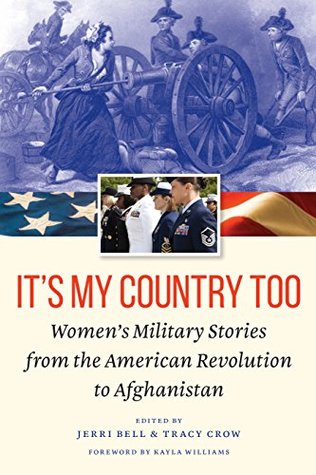Finally, they argue that women veterans who served in combat are frequently perceived not to have been in combat; therefore, they have more difficulty producing documentation for combat-connected medical conditions that would entitle them to additional benefits and the level of post-service health care automatically given to men who served in combat.
Welcome back. Just a moment while we sign you in to your Goodreads account.


